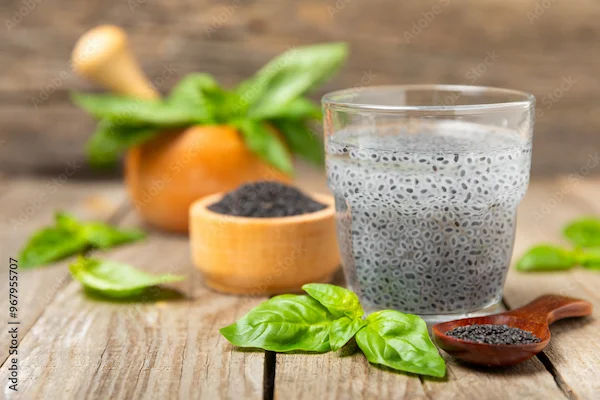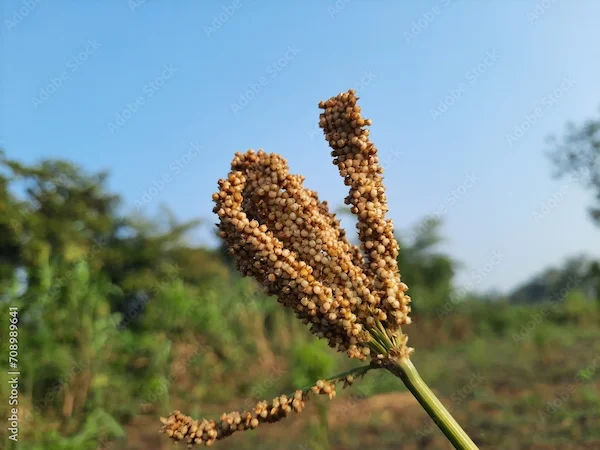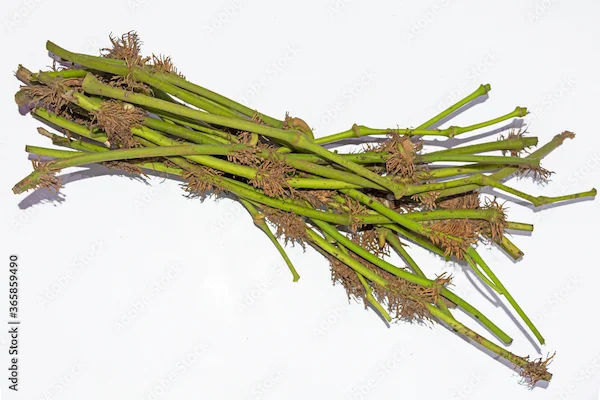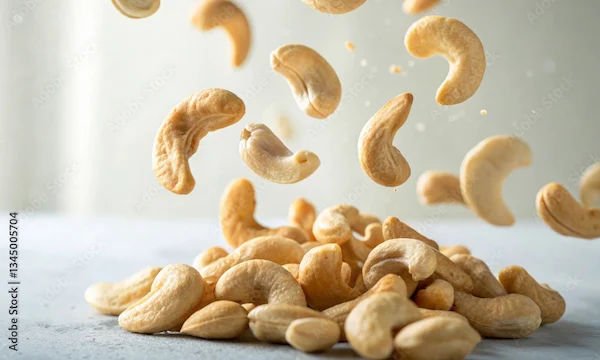Benefits of Kasani (Chicory)
Explore the health benefits of Kasani (chicory), a traditional herb known for supporting liver health, digestion, and overall wellness. Learn its uses and advantages.

Written by Dr. Sonia Bhatt
Last updated on 3rd Jul, 2025
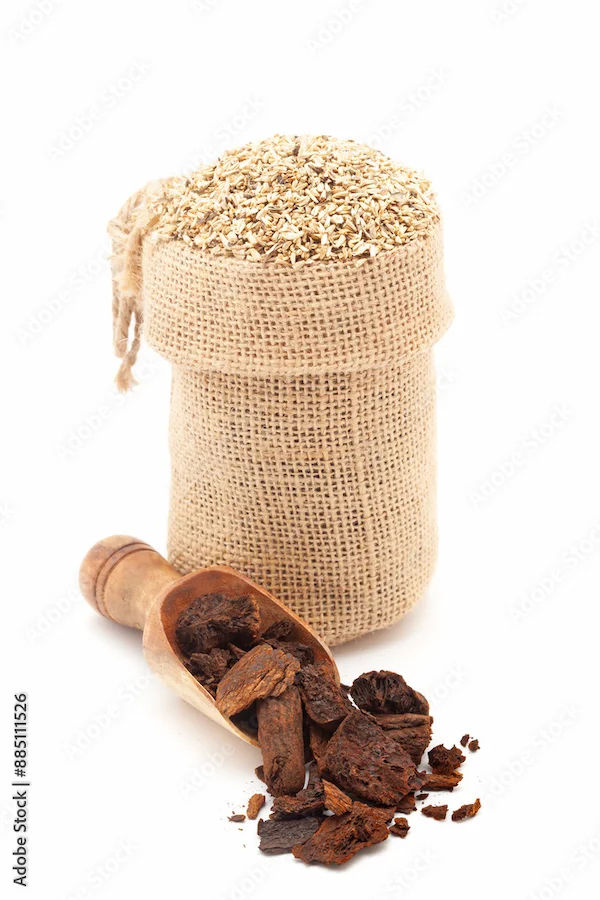
Introduction
In today’s fast-paced world, maintaining good health is more important than ever. Many people are turning to natural remedies to support their well-being, and one such powerful herb is Kasani, also known as Chicory (Cichorium intybus). This humble plant has been used for centuries in traditional medicine, and modern research continues to uncover its numerous health benefits. If you're looking for a natural way to improve digestion, liver health, or even blood sugar levels, Kasani might be the answer. Let’s explore its benefits and uses and how you can incorporate it into your daily routine.
What is Kasani (Chicory)?
Kasani is a perennial herb with bright blue flowers, commonly found in Europe, India, and other parts of Asia. Its roots, leaves, and seeds are all used for medicinal purposes. The roasted root is often used as a coffee substitute, while the leaves are consumed as a salad green.
Key nutrients in Kasani:
Inulin (a prebiotic fiber that supports gut health)
Vitamins (A, B6, C, and K)
Minerals (Potassium, Calcium, Magnesium)
Antioxidants (Fights free radicals)
Top Health Benefits of Kasani
Some of the top benefits of Kasani are:
1. Supports Digestive Health: Kasani is rich in inulin, a type of dietary fiber that acts as a prebiotic, feeding the good bacteria in your gut. This helps improve digestion, reduce bloating, and prevent constipation.
Tip: Drinking Kasani root tea can help soothe an upset stomach and promote regular bowel movements.
2. Boosts Liver Function: The liver plays a crucial role in detoxifying the body, and Kasani has been traditionally used to support liver health. It helps stimulate bile production, which aids in digestion and detoxification.
Tip: A cup of Kasani tea after meals can help improve liver function.
3. Helps Manage Blood Sugar Levels: Kasani may help regulate blood sugar levels, making it beneficial for people with diabetes or prediabetes. The inulin in Kasani slows down sugar absorption, preventing sudden spikes.
Tip: Replace sugary drinks with Kasani coffee or tea for better blood sugar control.
4. Aids in Weight Management: Since Kasani is low in calories and high in fibre, it can help you feel full for longer, reducing unnecessary cravings.
Tip: Add fresh Kasani leaves to salads for a nutritious, weight-friendly meal.
5. Improves Heart Health: Kasani contains compounds that may help lower bad cholesterol (LDL) and improve circulation, reducing the risk of heart disease.
Tip: Regular consumption of Kasani tea may support a healthy heart.
6. Reduces Inflammation: The antioxidants in Kasani help fight inflammation, which is linked to chronic diseases like arthritis and heart conditions.
Tip: Including Kasani in your diet may help reduce joint pain and swelling.
7. Enhances Immunity: Rich in vitamin C and antioxidants, Kasani strengthens the immune system, helping the body fight infections.
Tip: A warm cup of Kasani tea during cold seasons can keep illnesses at bay.
Consult Top Specialists for Personalised Usage Tips
How to Use Kasani in Your Daily Life?
Ways to use Kasani in daily life are:
1. Kasani Tea or Coffee
Roasted Kasani root can be brewed like coffee for a caffeine-free alternative.
Steep dried Kasani leaves in hot water for a soothing herbal tea.
2. Fresh Leaves in Salads
Young Kasani leaves can be added to salads for a slightly bitter, nutritious boost.
3. Powder or Supplements
Kasani powder can be mixed with warm water or honey for easy consumption.
Supplements are also available, but consult a doctor before taking them.
Precautions & Side Effects
While Kasani is generally safe, some people may experience:
Allergic reactions (rare, but possible in sensitive individuals)
Lower blood sugar levels (Diabetics should monitor their levels)
Pregnancy & breastfeeding – Consult a doctor before use.
If you have gallstones or bile duct issues, avoid Kasani as it stimulates bile production.
When to Consult a Doctor?
If you’re considering Kasani for a specific health condition (like diabetes or liver disease), it’s best to consult a healthcare provider to ensure it doesn’t interfere with your medications.
Conclusion
Kasani is a versatile herb with impressive health benefits, from improving digestion to supporting liver and heart health. Whether you choose to drink it as tea, add it to salads, or take it as a supplement, this natural remedy can be a great addition to your wellness routine.
Remember, while natural remedies are beneficial, they should complement, not replace, medical treatments. Always consult a healthcare professional before making significant changes to your diet or health regimen.
Consult Top Dieticians
Consult Top Dieticians

Ms. Shruthi Bhargavi
Dietician
9 Years • Msc (Nutrition and Dietetics)
Hyderabad
Apollo 24|7 Clinic - Telangana, Hyderabad

Ms. Poushali Ghosh
Dietician
9 Years • Msc in Applied Nutrition
Barasat
Diab-Eat-Ease, Barasat

Ms. Soma Saha
clinical nutrition
17 Years • B.Sc. - Home Science (Food & Nutrition), M.Sc. - Home Science (Food & Nutrition)
Kolkata
Dr Utsa Basu Clinic, Kolkata
(25+ Patients)

Ms Suchanda Guha
Dietician
10 Years • M.Sc (Applied Nutrition), B.Sc (Food & Nutrition), Diploma (Yogic Nutrition)
Kolkata
NutriKutir, Kolkata

Ms. Akansha Srivastava
Dietician
10 Years • MSC Food & Nutrition
Vadodara
Akansha diet n health clinic, Vadodara
Consult Top Specialists for Personalised Usage Tips

Ms. Shruthi Bhargavi
Dietician
9 Years • Msc (Nutrition and Dietetics)
Hyderabad
Apollo 24|7 Clinic - Telangana, Hyderabad

Ms. Poushali Ghosh
Dietician
9 Years • Msc in Applied Nutrition
Barasat
Diab-Eat-Ease, Barasat

Ms. Soma Saha
clinical nutrition
17 Years • B.Sc. - Home Science (Food & Nutrition), M.Sc. - Home Science (Food & Nutrition)
Kolkata
Dr Utsa Basu Clinic, Kolkata
(25+ Patients)

Ms Suchanda Guha
Dietician
10 Years • M.Sc (Applied Nutrition), B.Sc (Food & Nutrition), Diploma (Yogic Nutrition)
Kolkata
NutriKutir, Kolkata

Ms. Akansha Srivastava
Dietician
10 Years • MSC Food & Nutrition
Vadodara
Akansha diet n health clinic, Vadodara

